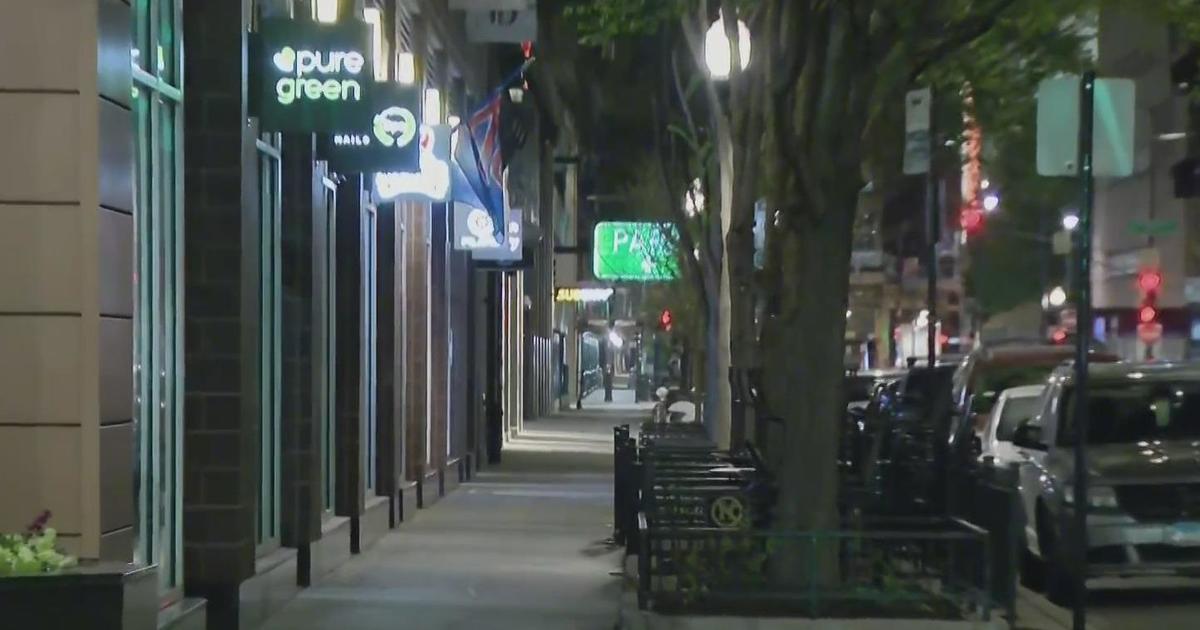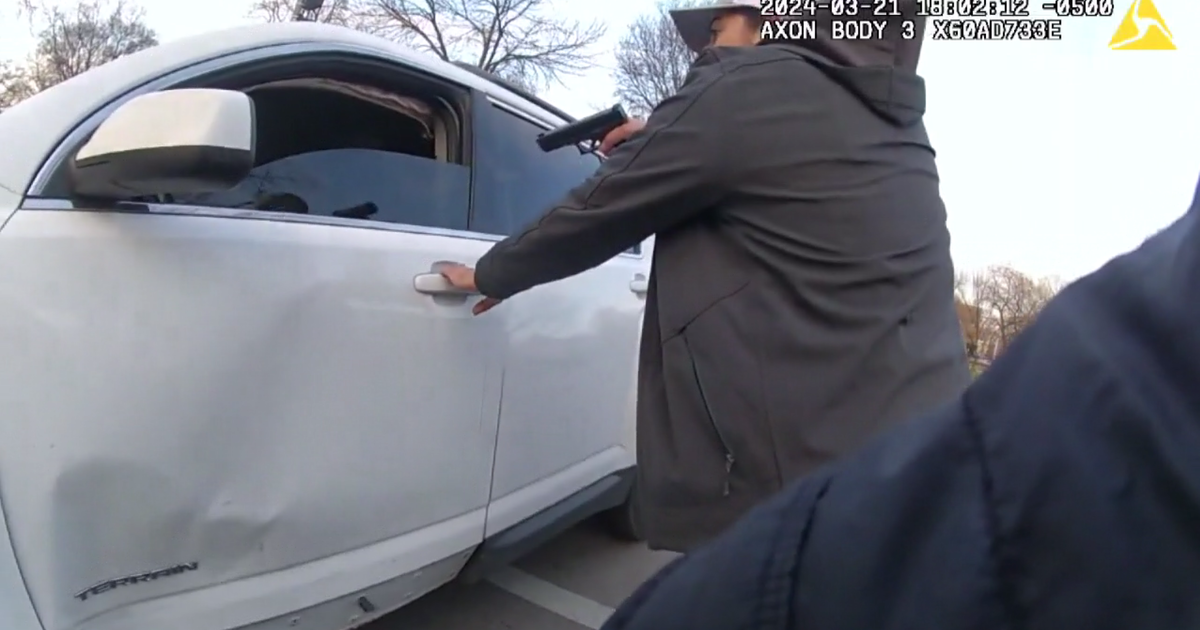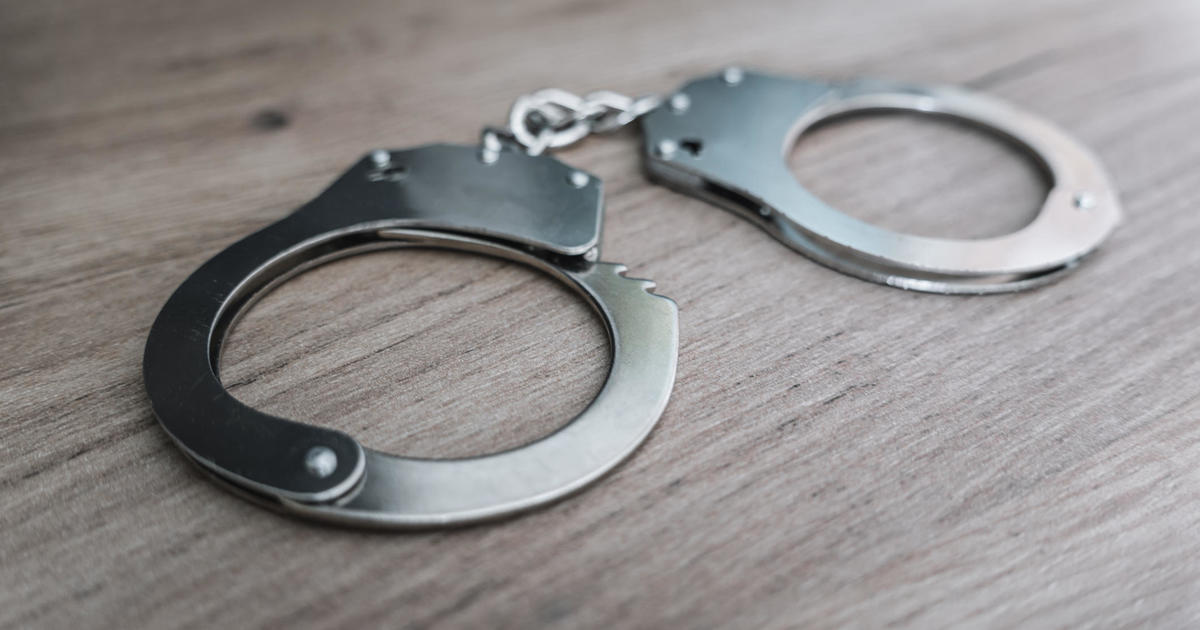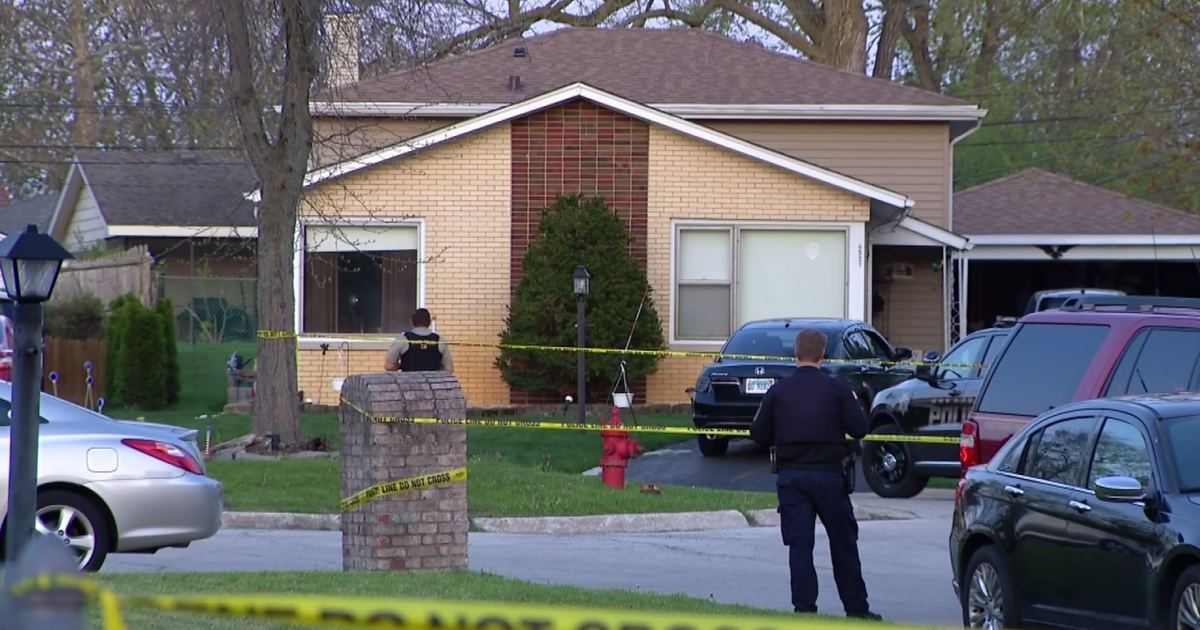Confirmed Illinois Coronavirus Cases Top 11,000; Death Toll Stands At 274
CHICAGO (CBS) -- The total number of confirmed coronavirus cases in Illinois topped 11,000 Sunday, with 31 new deaths.
Illinois Department of Public Health Director Dr. Ngozi Ezike said there were 899 new cases of COVID-19 confirmed on Sunday, bringing the total to 11,256. The death toll now stands at 274.
In Cook County, the deaths reported Sunday include two men in their 40s, three women and one man in their 50s, one woman and two men in their 60s, two men and two women in their 70s, one man and four women in their 80s, and one woman in their 90s.
Deaths in DuPage County included three women in their 70s and one in her 80s, in Kane County one man in his 70s and two women in their 80s, in Lake County one man in his 60s, and in Will County one man in his 60s.
Kankakee County reported the death of one woman in her 80s, Montgomery County one man in his 50s, and Peoria County one man in his 90s.
Boone, Graham, and Gallatin counties have now all reported confirmed cases.
Ezike noted that among the latest deaths is a second person from an outbreak at Stateville Prison. There are currently 60 positive cases at the prison.
Ezike also noted that about 30 percent of confirmed coronavirus patients in Illinois are African-American, and emphasized the need to fight against disparities in racial outcomes when it comes to the virus.
"We have worked to ensure all of our communities can access the health care they need as COVID-19 spreads," Ezike said.
A report from WBEZ Chicago Public Radio this weekend indicated that 70 percent of those who have died in Chicago from the coronavirus are African-American. Ezike said the state will have an update on the demographics on Tuesday.
Meanwhile Sunday, Gov. JB Pritzker announced a major expansion of emergency child care for essential workers during the coronavirus pandemic.
All Illinois families have had to make adjustments when it comes to child care, and Pritzker emphasized that during the crisis, any children who stay home should do so. He noted that staying home means staying home – not going on play dates or hanging out with friends.
"As hard as this may be, we need our youngest Illinoisans to follow this guidance like everyone else," Pritzker said.
But there are numerous essential workers and health care professionals who cannot stay home with their kids, and the state is stepping in to help them, Pritzker said.
"Our essential workforce deserves to know that their kids are safe and cared for in a small, affordable group setting," Pritzker said.
All essential workers in health care, human services, essential government, and essential infrastructure qualify for the state's Child Care Assistance Program.
Under the program, the state will cover most of the cost of care provided by emergency child care centers, as well as care centers run out of homes. Under the expanded eligibility, nurses and doctors, other hospital staff, grocery store clerks, and food producers are also covered.
Details and applications are available on the state Department of Human Services website DHS.illinois.gov/helpishere, and coronavirus.illinois.gov.
Pritzker also noted that when the stay-at-home order went into effect just over two weeks ago and traditional child care closed, the state announced emergency child care licenses to increase availability of care. As of the weekend, there were more than 550 such centers running, as well as 1,500 home child care providers that are operating – especially on critical night and weekend shifts.
The governor showed up at his news conference Sunday wearing a mask for the first time. That came after 28 straight days of work as Illinois grapples with the global pandemic.
Since the governor began holding daily news conferences on March 9, most schools and non-essential businesses have closed their doors.
Stay-at-home orders have been put into place and the world has come to understand the meaning of social distancing.
But all the while, the number of COVID-19 cases has continued to rise at a seemingly exponential rate, and the governor fears that the spread may have been exacerbated in Illinois by the policies of border states like Iowa – which has yet even to issue a stay-at-home order, and Missouri, which just did.
"I really believe that the governors haven't taken the kind of action that we did, or took it much later than we did, are unfortunately, they have been listening to President Trump and his advice, and his advice has been at first, 'This is a hoax,' then it was: 'This just like the flu. This will go away in a few days,'" Pritzker said. "I think many of them were listening to all of that while the president was not taking this very seriously."
Pritzker said gubernatorial lack of action in neighboring states puts Illinoisans living along those state linesat risk. East St. Louis is one area where the COVID-19 caseload is rising fast.
"You can see there is a hotspot of people who are getting coronavirus who are getting sicker and in the hospital near St. Louis," Pritzker said.
Now, Pritzker said, President Donald Trump has shifted his tone – and he believes the holdout governors have been shifting their attitudes toward the virus as well.
He said the virus knows no borders. And it's hard to argue with that, when one considers that the virus has now been spotted in about 180 different countries and regions of the earth.
Indeed, neither Gov. Pritzker nor President Trump are pulling rhetorical punches these days.
"Pritzker – I hear him always complaining," President Trump said Sunday.
President Trump said it is Gov. Pritzker who has failed to lead the people of Illinois.
"He's not able to do what he's supposed to do as governor," Pritzker said. "He has not performed well."
President Trump said the alternate care facility at McCormick Place is being built not because of the governor, but in spite of him.
"We're building a 2,500-bed hospital in McCormick Place in Chicago," President Trump said. "We're helping to staff it because he's not able."
But Pritzker seemed to echo an associated press investigation that ripped into the administration for wasting months before placing bulk orders in mid-March for ventilators, N95 masks, and other personal protective equipment.
"And so my criticism has been the lateness of the policy decisions that have been made by the leaders and of, you know, of any help that we have gotten," Pritzker said.
CBS 2's Mike Puccinelli asked Pritzker about comments from Surgeon General Jerome Adams about an anticipated harrowing week to come.
On "Fox News Sunday," Adams said: "This is going to be our Pearl Harbor moment, our 9/11 moment, only it's not going to be localized." He said it would be happening all over the country.
Pritzker said: "I guess I wouldn't have used those words. I want to say that this is happening on a rolling basis in different areas of the country, so it's not happening at one time everywhere. But it is going to happen in a relatively short time, perhaps six to eight weeks."
He expressed worry for and sympathy with all people of the U.S. who are struggling, noting that the virus does not discriminate and is touching rural areas. He said there will and will likely eventually be confirmed cases in all 102 Illinois counties.
Pritzker was also asked about whether further restrictions could be placed in Illinois beyond the stay-at-home order, such as a curfew or a restriction on how many people from a household go out at a time. While not specifically commenting on either idea, the governor said the state is always examining ideas and policies – pointing out that South Korea is conducting temperature checks at grocery stores and calling it an interesting idea, matching up to the current policy for reporters covering his addresses at the Thompson Center.



